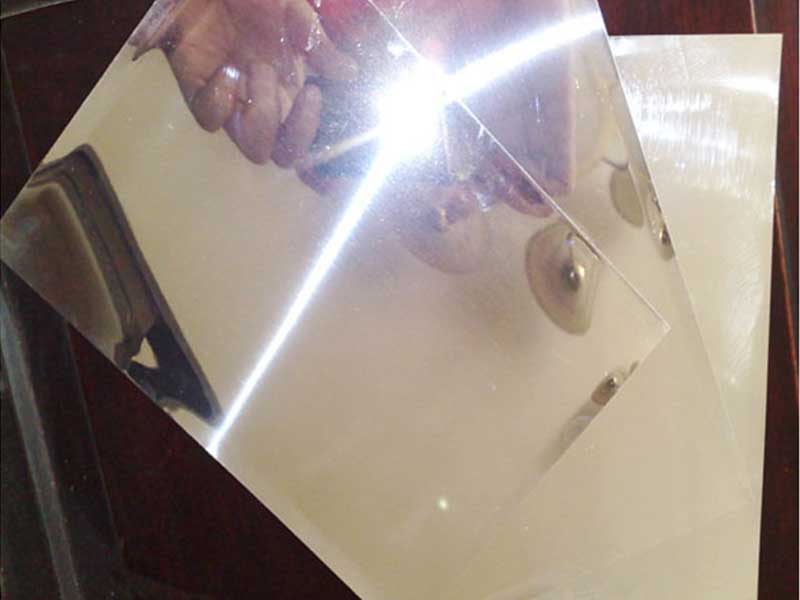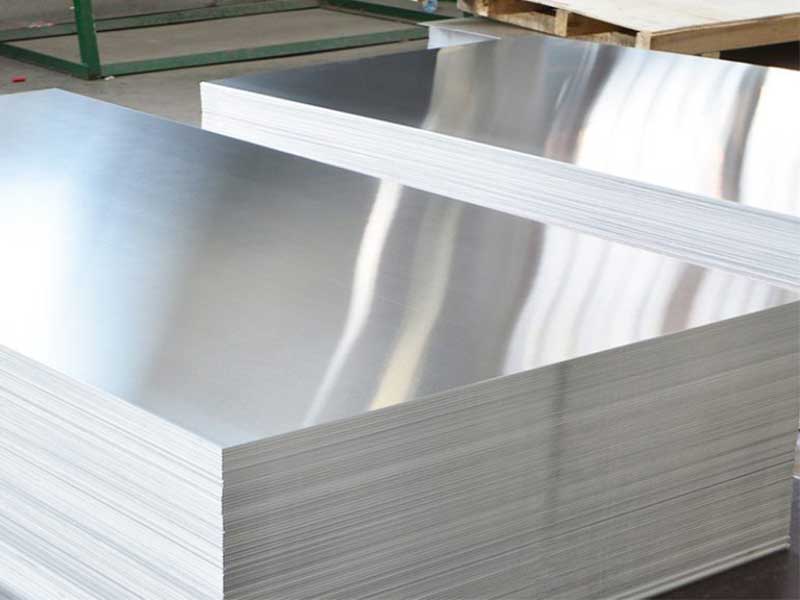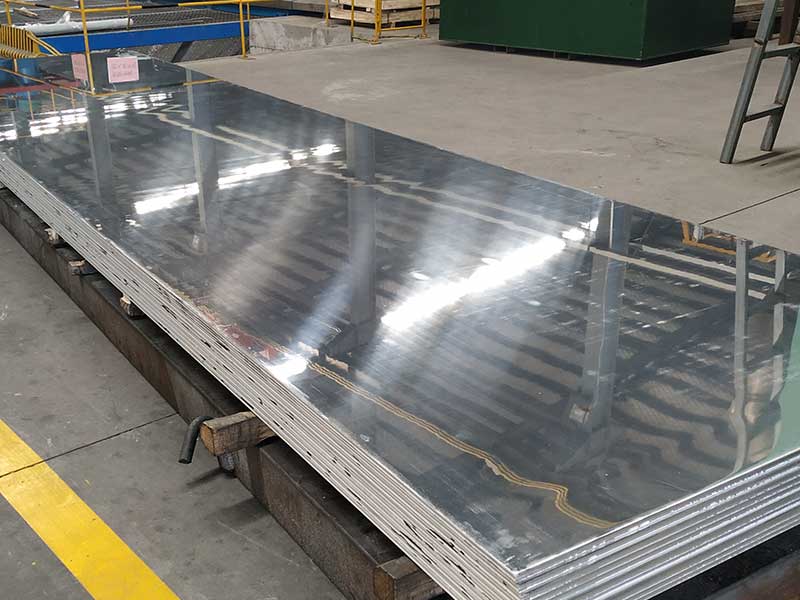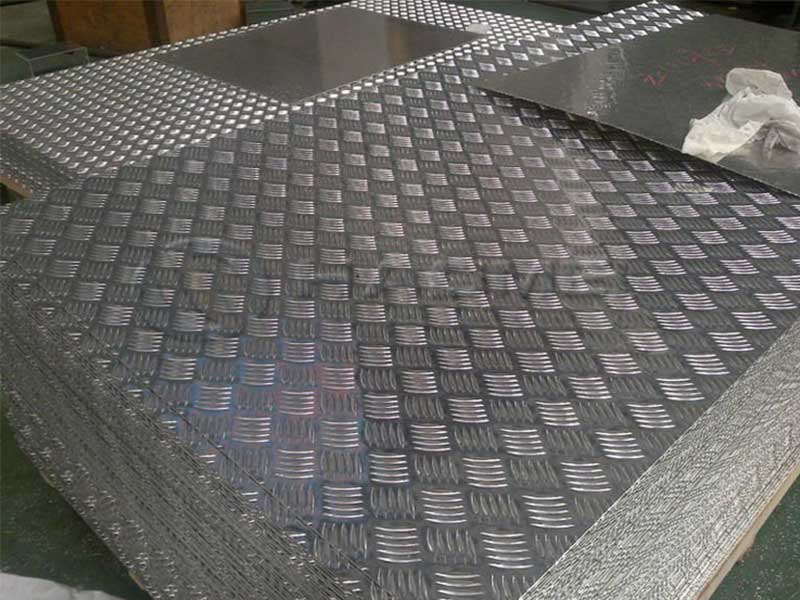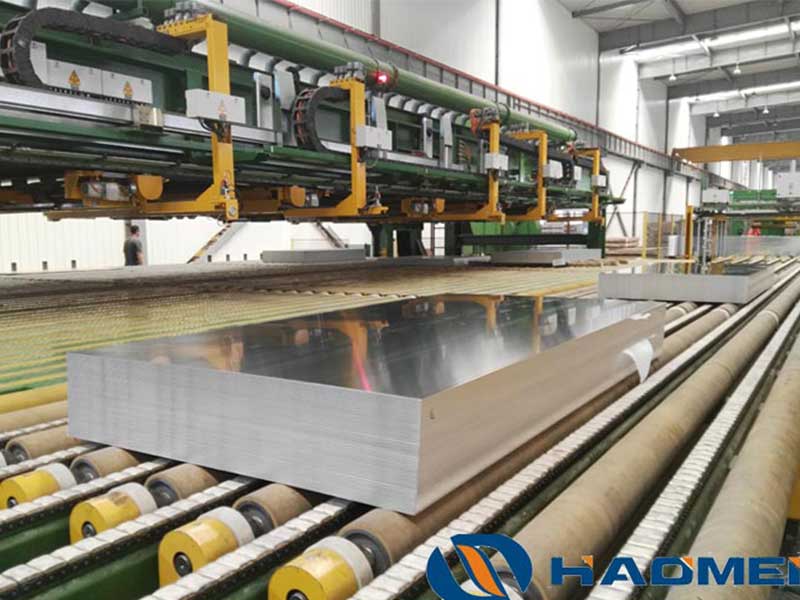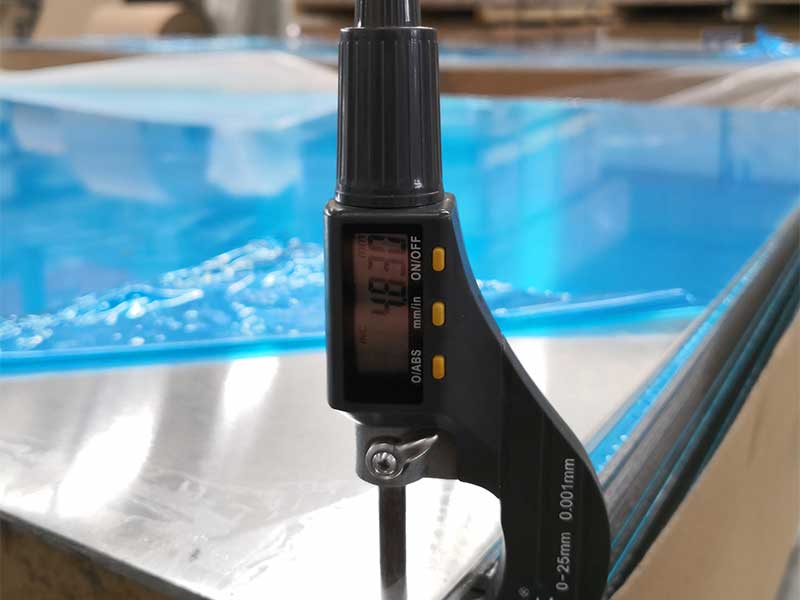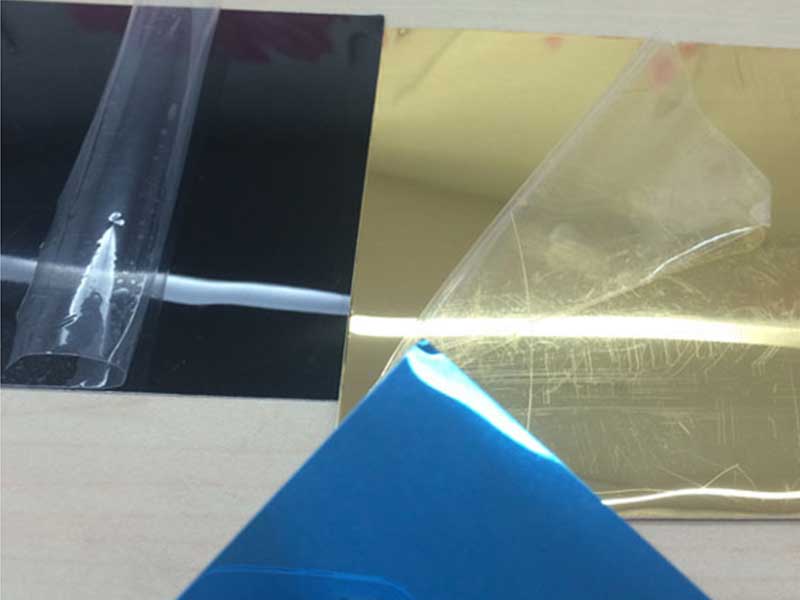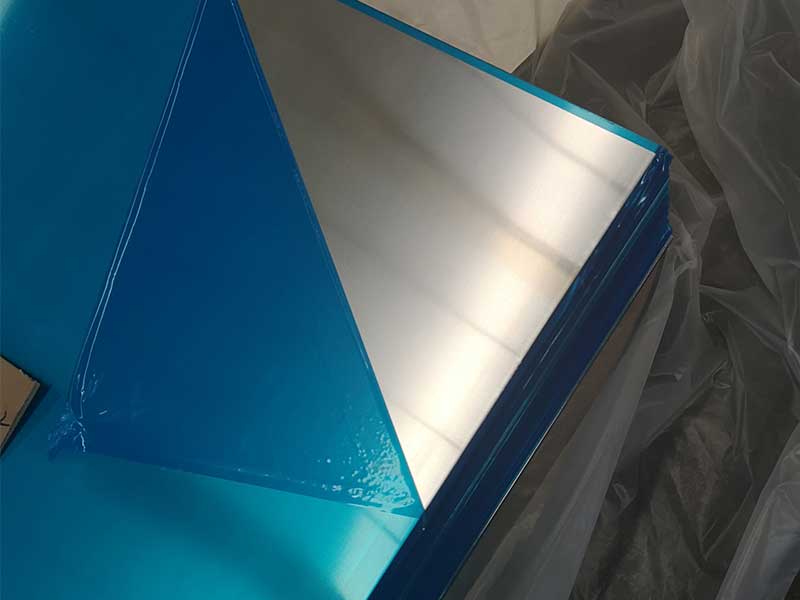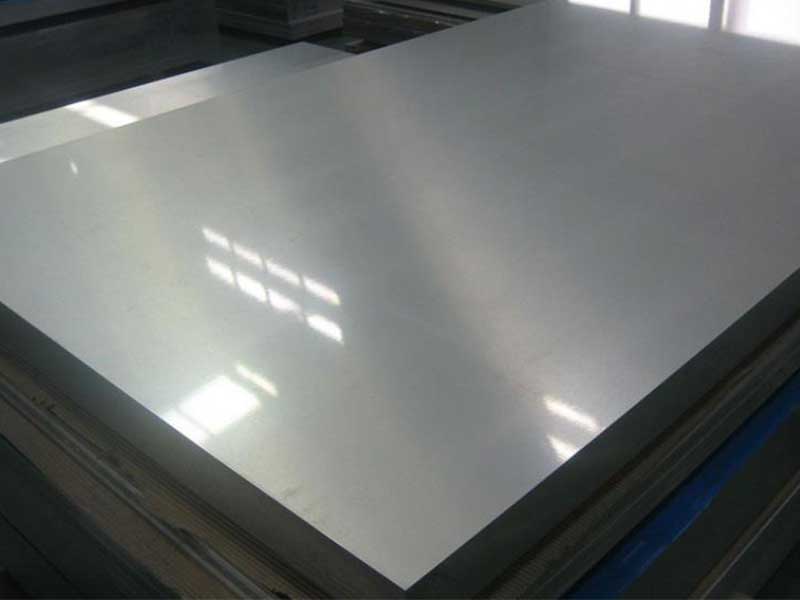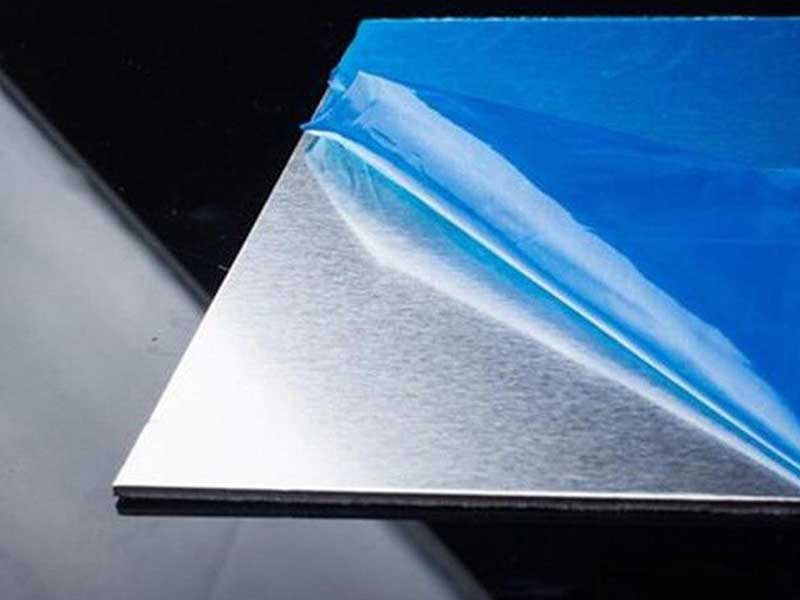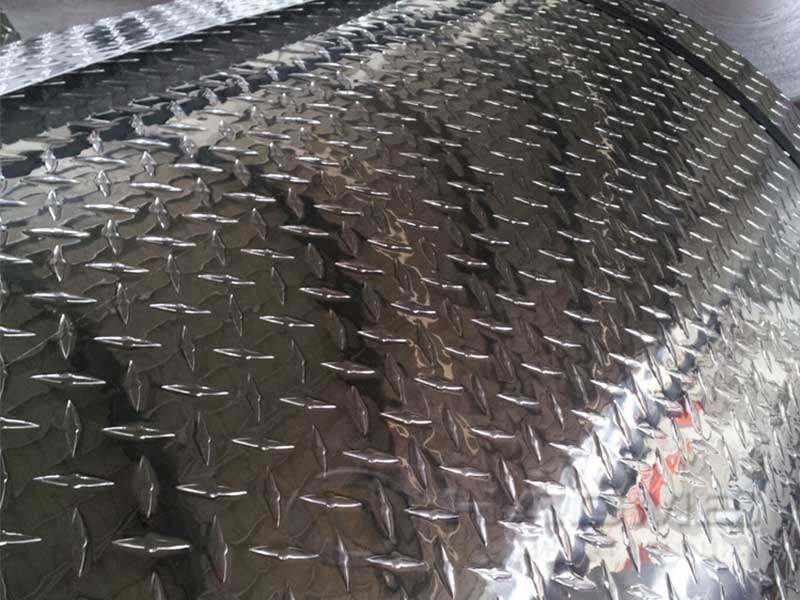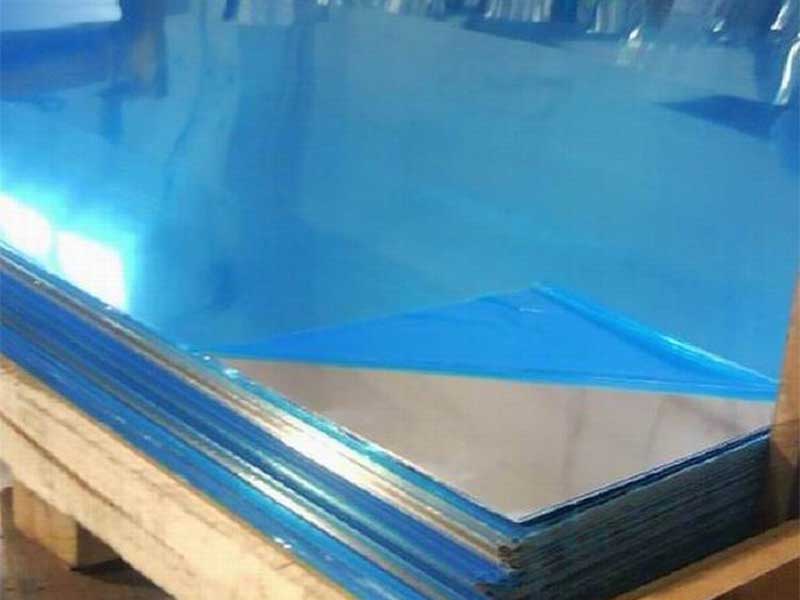2025-01-18 https://www.aluminum-coils.com/a/why-does-not-aluminum-rust.html
Aluminum is a metal that has earned its place in the pantheon of materials due to its remarkable properties, including its light weight, strength, and most intriguingly, its resistance to rust. While traditional metals like iron succumb to the relentless bite of rust (iron oxide), aluminum stands as a bastion against this process. But why does aluminum not rust? The answer lies in its unique structure and properties, as well as its wide-ranging applications across various fields.
The Difference Between Rust and Corrosion
To understand why aluminum does not rust, it's pivotal to distinguish rust from general corrosion. Rust is specifically the term reserved for the oxidation of iron, resulting in the formation of iron oxides when it comes into contact with moisture and oxygen. In contrast, corrosion refers to the deterioration processes that occur with a broader range of metals due to environmental interactions.
Aluminum, subjected to the same environmental conditions of humidity and air, undergoes a different process. When aluminum is exposed to moisture and oxygen, it forms a thin layer of aluminum oxide on its surface. This oxide layer is remarkably tough, preventing further corrosion of the underlying metal. This phenomenon is akin to creating a protective skin that guards against the elements, allowing aluminum to shine brightly in applications ranging from aerospace engineering to everyday kitchen utensils.
The Science Behind Aluminum's Resistance
At the core of aluminum's ability to resist rust is its electron configuration. Aluminum has three valence electrons that it readily loses when it comes into contact with oxygen. When exposed, those electrons bond with oxygen molecules, forming aluminum oxide. Unlike rust, this aluminum oxide layer is stable, adherent, and somewhat impenetrable, effectively shielding the metal beneath it.
Importantly, this process occurs almost instantaneously when aluminum comes into contact with air, providing a built-in protective mechanism. It’s worth noting that, unlike iron oxide, aluminum oxide is not only more protective but also more appealing to the eye—with a shiny, metallic finish that retains its allure over decades.
Remarkable Applications Across Industries
The intrigue of aluminum is not just academic; it drives extensively into our industries and daily lives. Here are some of the areas where aluminum alloys shine their brightest due to lack of rust:
-
Aerospace: Aluminum's lightweight nature and inherent strength are essential for aircraft manufacturing. The aluminum alloys often utilized in aviation benefit enormously from the material's rust resistance, crucial for maintaining safety and performance at high altitudes.
-
Construction: In modern architecture, aluminum is favored for window frames, doors, and roofing. Its longevity and resistance to corrosion ensure that buildings maintain their structural integrity and aesthetic appeal even in harsh weather conditions.
-
Automotive: As the automotive industry shifts towards lightweight materials for improved fuel efficiency, aluminum has become critical. It resists corrosion over numerous terrains and weather conditions, from deserts to coastal regions, ultimately enhancing vehicle longevity.
-
Cookware: Food industries heavily employ aluminum for pots, pans, and other kitchen utensils. The inert nature of the aluminum oxide layer means that it does not react with food, journeying towards both function and safety in our culinary inspirations.
The Environmental Angle
In an era increasingly geared towards sustainability and eco-friendliness, aluminum's inherent properties position it as a viable alternative to more susceptible metals. Its recyclability is another aspect enhancing its appeal for eco-conscious applications. The ability to melt down and reforge aluminum without significant loss of properties means that not only does the metal resist rust, but it has a sustainable life cycle that many manufacturers are investing in.

